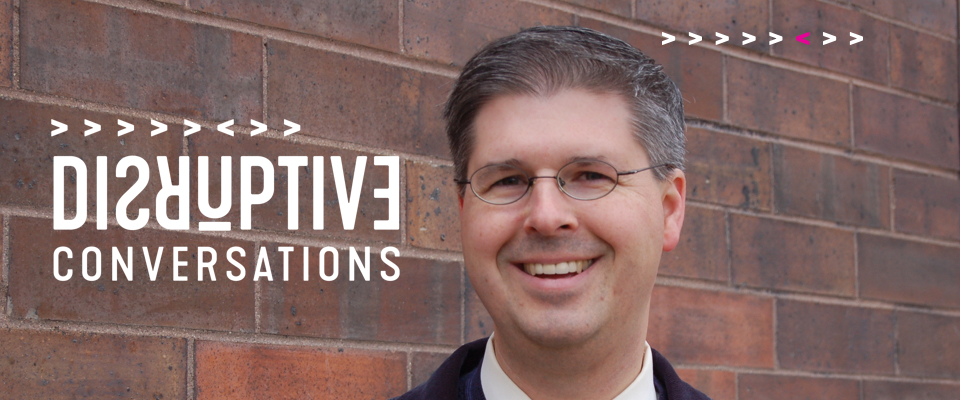Part 1: In part one of this very deep conversation with Charles (Chuck) Marohn, we explore his the deep insight has had from his website Strong Town. Strong Town’s mission is to support a model of development that allows America’s cities, towns and neighbourhoods to become financially strong and resilient. Strong Towns even has a few principles:
- Strong cities, towns and neighbourhoods cannot happen without strong citizens (people who care).
- Local government is a platform for strong citizens to collaboratively build a prosperous place.
- Financial solvency is a prerequisite for long term prosperity.
- Land is the base resource from which community prosperity is built and sustained. It must not be squandered.
- A transportation system is a means of creating prosperity in a community, not an end unto itself.
- Job creation and economic growth are the results of a healthy local economy, not substitutes for on.
In this conversation with Chuck, we explore his journey in building a movement around the concept of Strong Towns. In this episode, he shares many lessons he has learned along the way and it is full of lots of insight. A few major questions stood out for me:
- How do you become someone who has fewer answers and more questions?
- How do we acknowledge that everyone has imperfections?
- How do we learn to change shared relationship approach to how we build cities?
One of the telling changes that stood out for me was that there are things we take as normal, that were once considered to be absurd ideas. Chuck describes how the notion that people living in the city would one day live in corn fields that were only accessible by cars, it would have been thought to be a crazy idea. Yet, that is what America has built. We call it the suburbs and there exists a body of assumptions that make living in the suburb inaccessible for many people. This is just one example of how we can rethink the way we build villages and cities that work for more people.
Part 2: Will be published on August 30th, 2017.
In part two of my conversation with Chuck Marohn we dive deeper into how he and his team are building a movement of one million people who care. We even explore a very interesting concept called temporal discounting, where we highly value things that valuable today but discount things that are valuable in the future. We are biased to pay attention to things in the short term. The bottom line with the mess that we are today is that we created the mess that we are trying to disrupt.
In the first episode, we talk about how change should come from neighbourhood disruptors and not bureaucrats. In this conversation, we dive deeper into how we involve the average citizen in the building the world they want to live in. We do not have to create or invent many new things. Many of the solutions to our problems are already in the system, but we are blinded by their desire for what we already know. Henry Ford famously said, “if I had asked people what they wanted, they would have said faster horses.” In this conversation, we build on this by exploring how and why people ask for faster horses. A lot of it is core to Chuck’s work. For example, if we slow down traffic, people get to their destinations faster. This counter intuitive notion is part of the faster horse’s metaphor because people’s paradigms and understandings of the world assume that going faster will give us the outcome we desire.
For Chuck and his colleagues, their goal is to work them self out of jobs.
